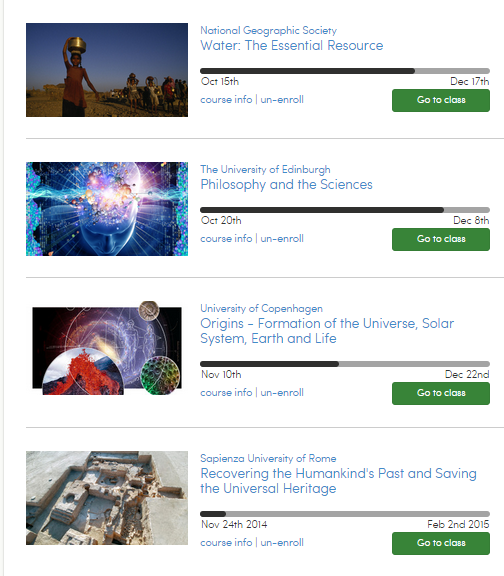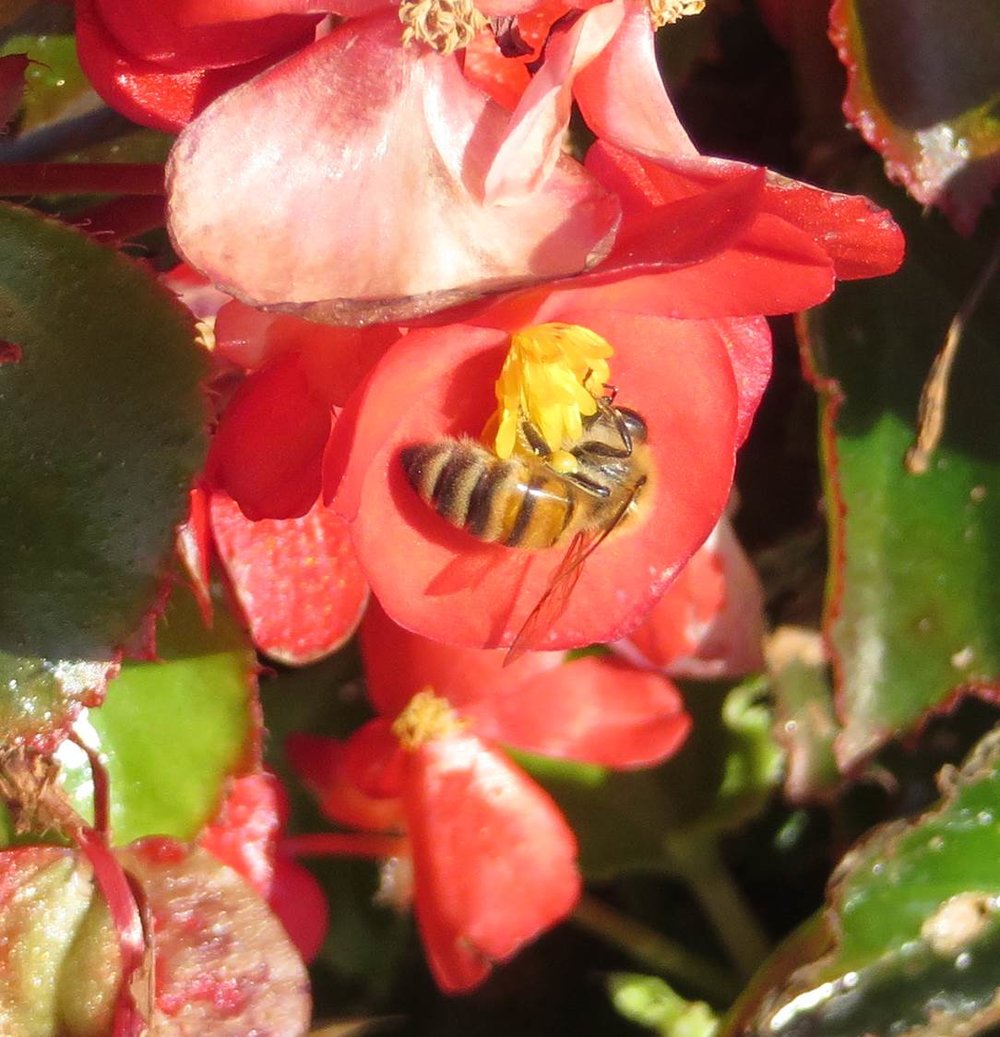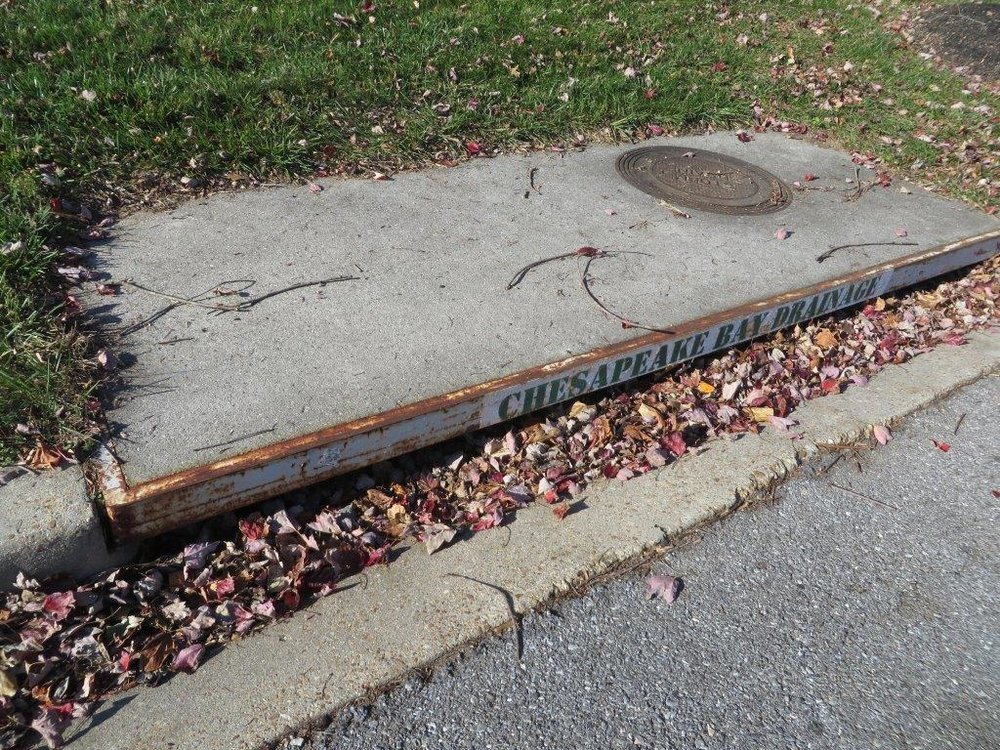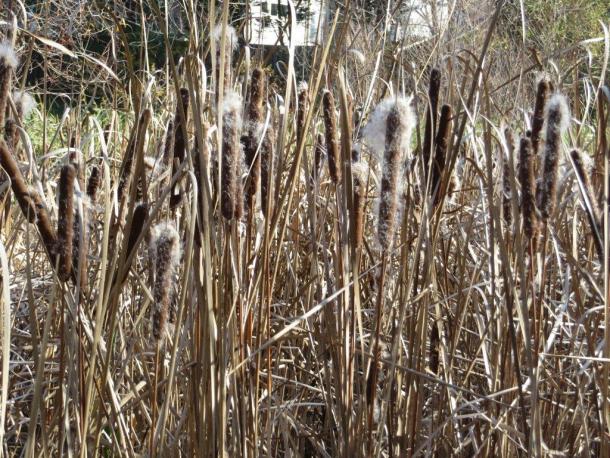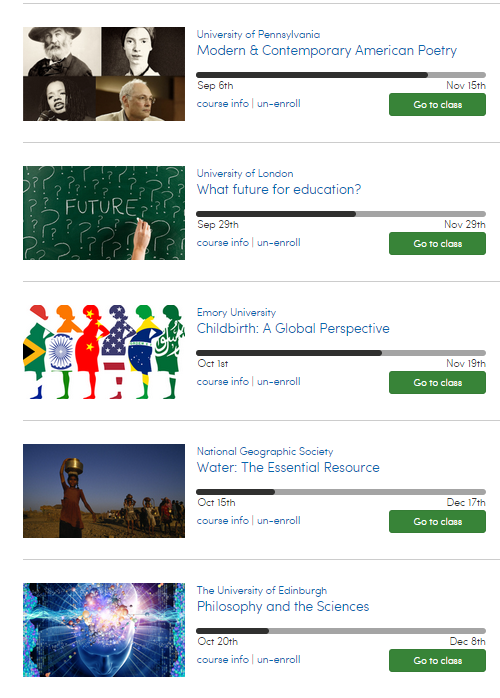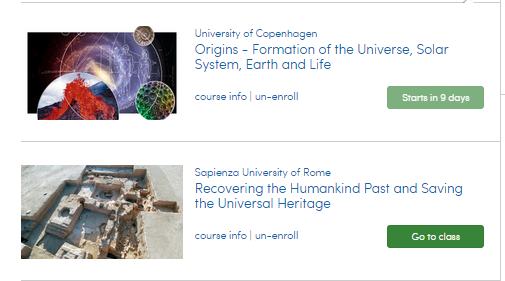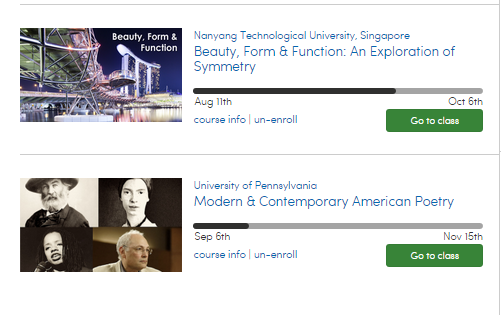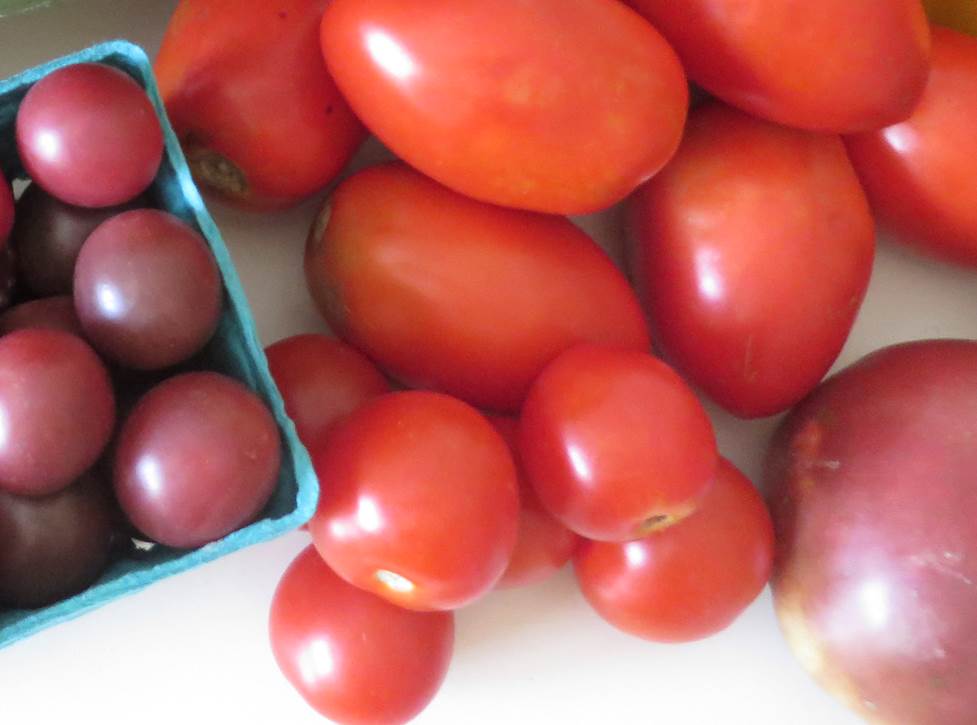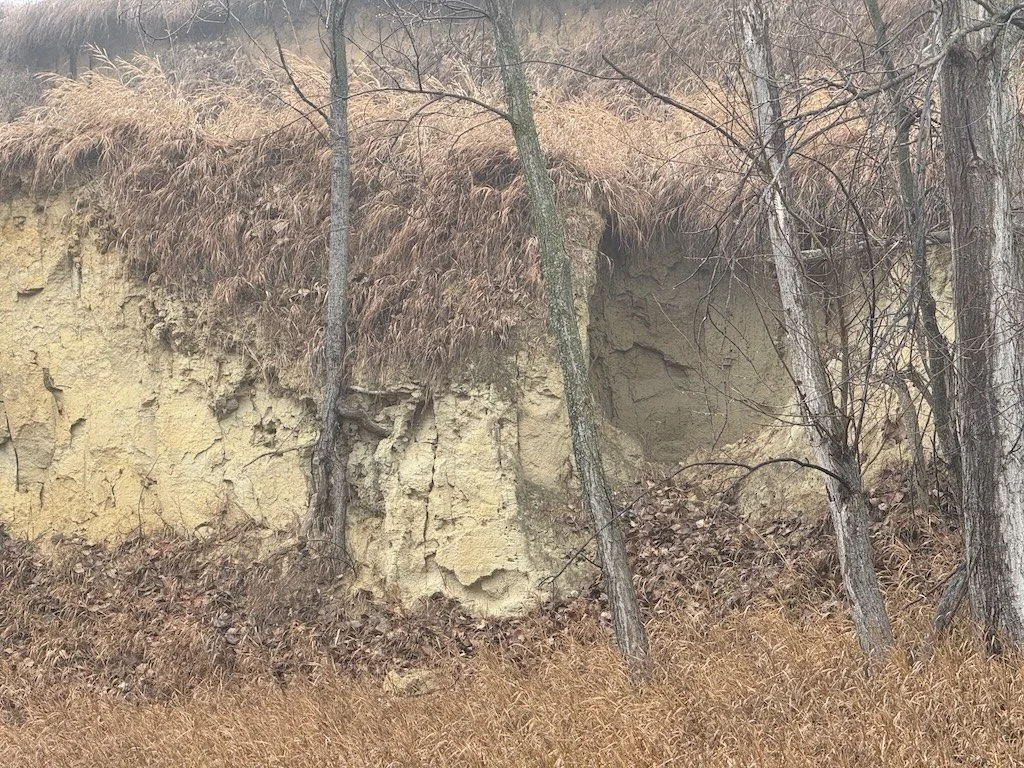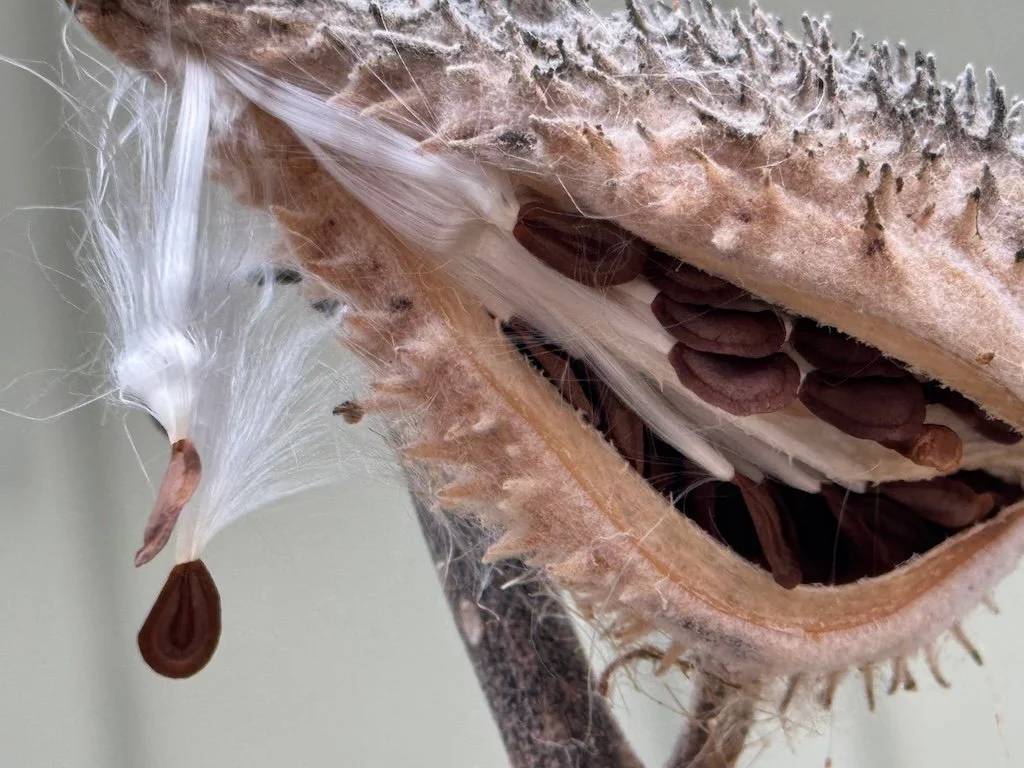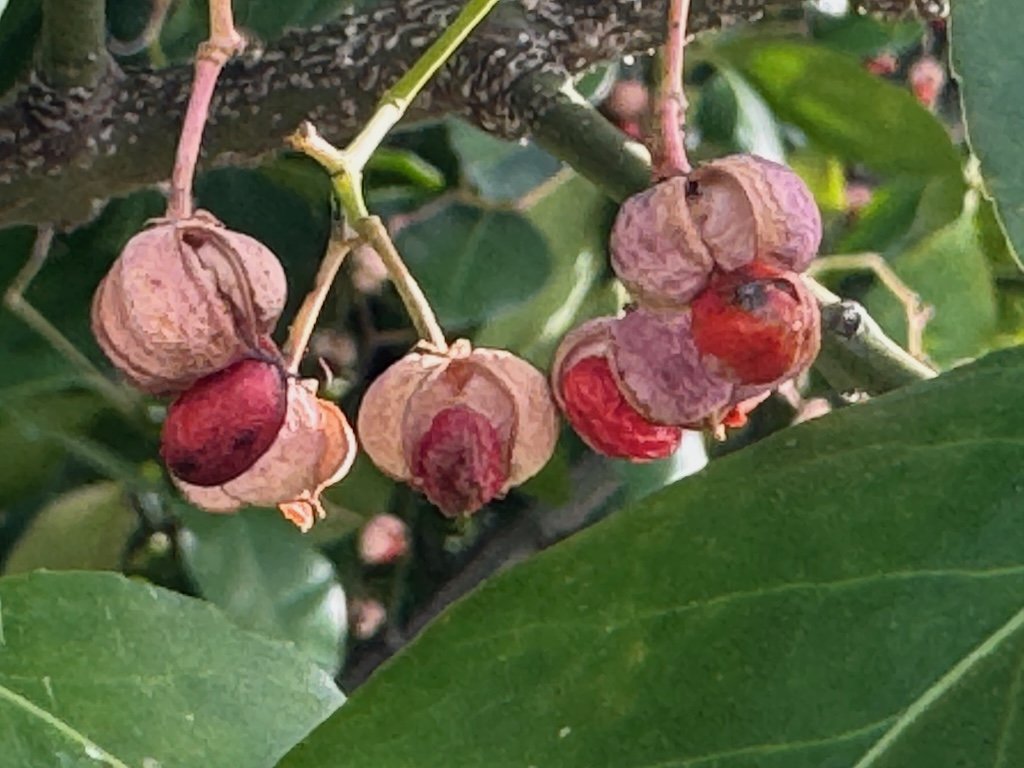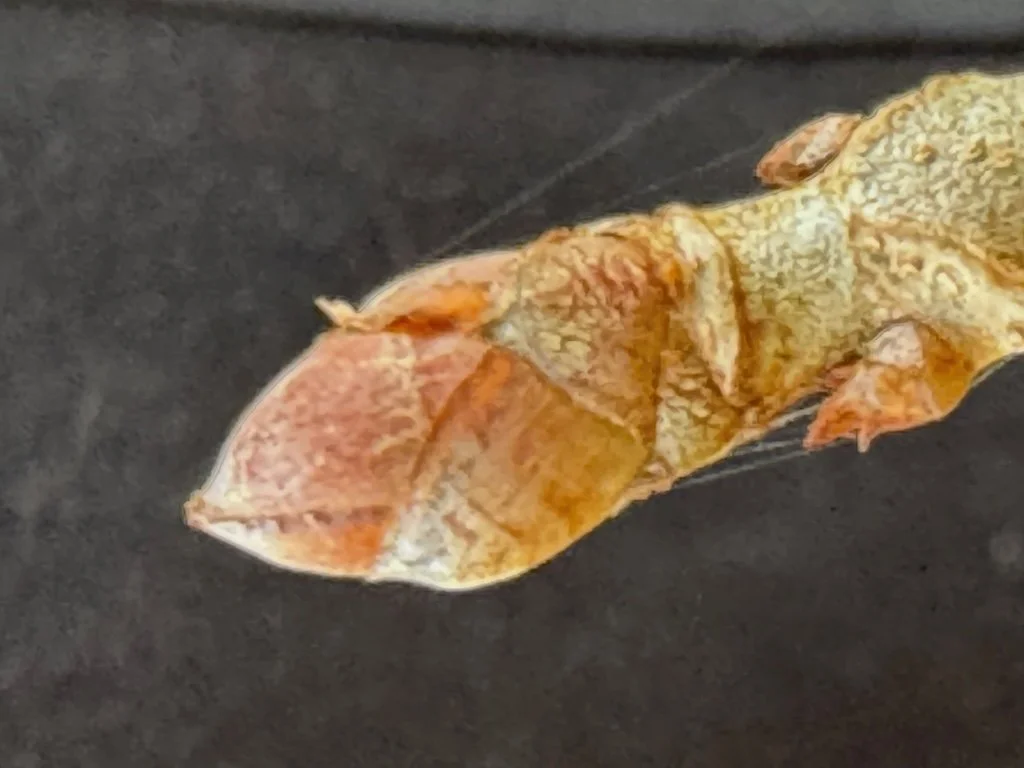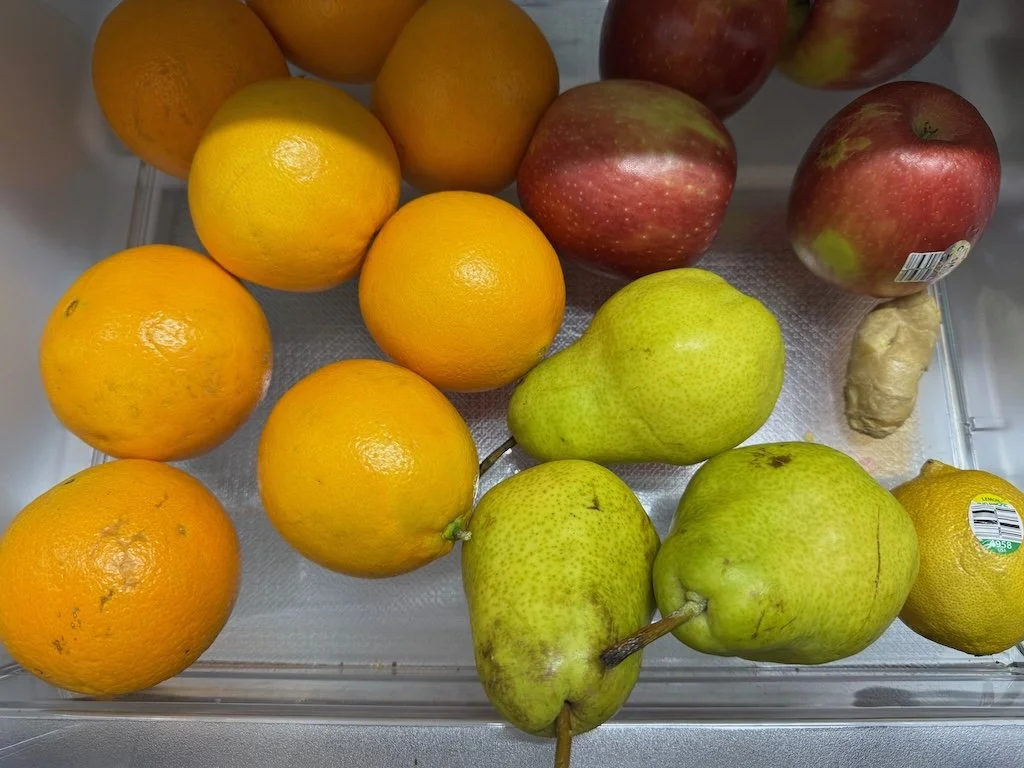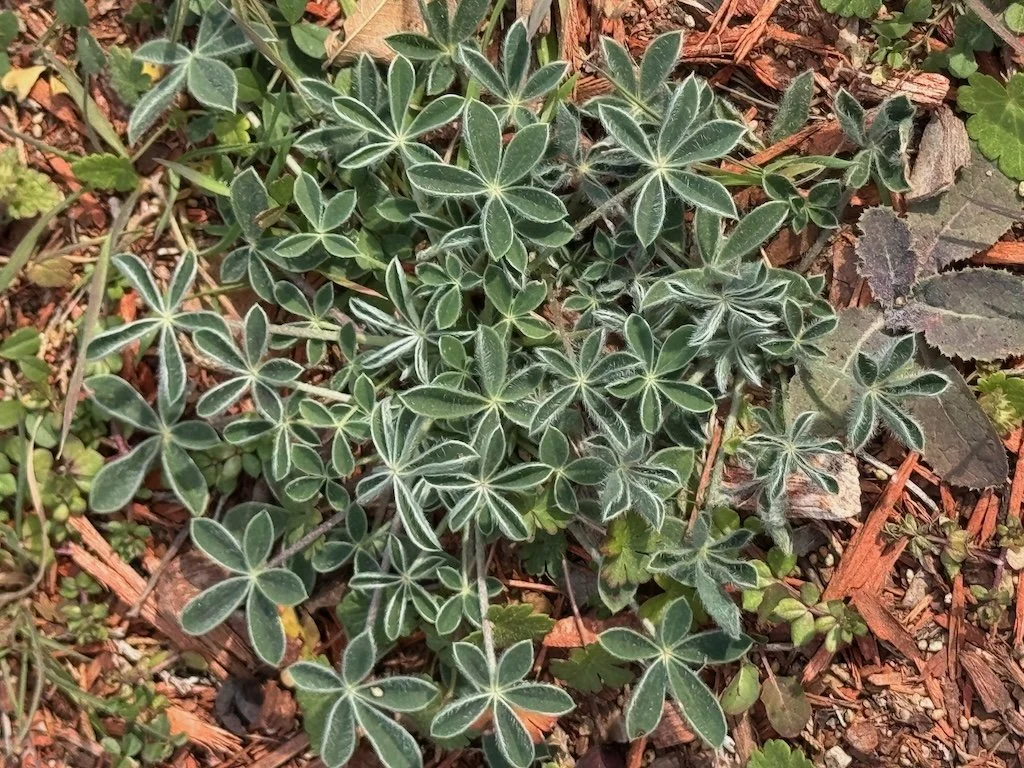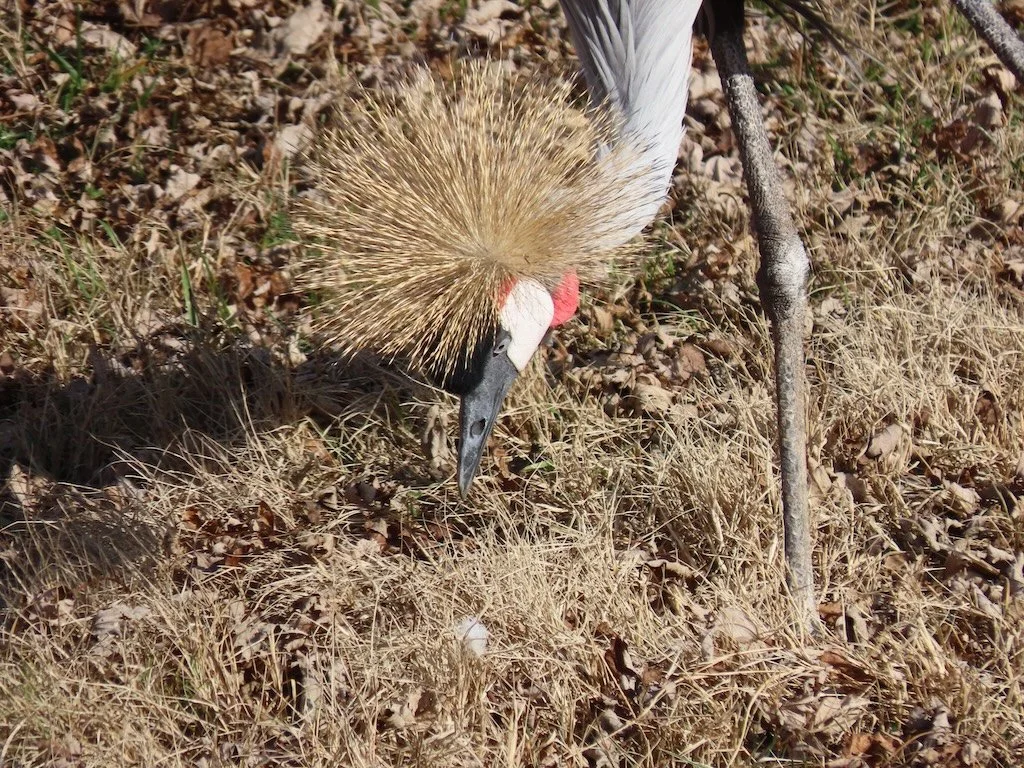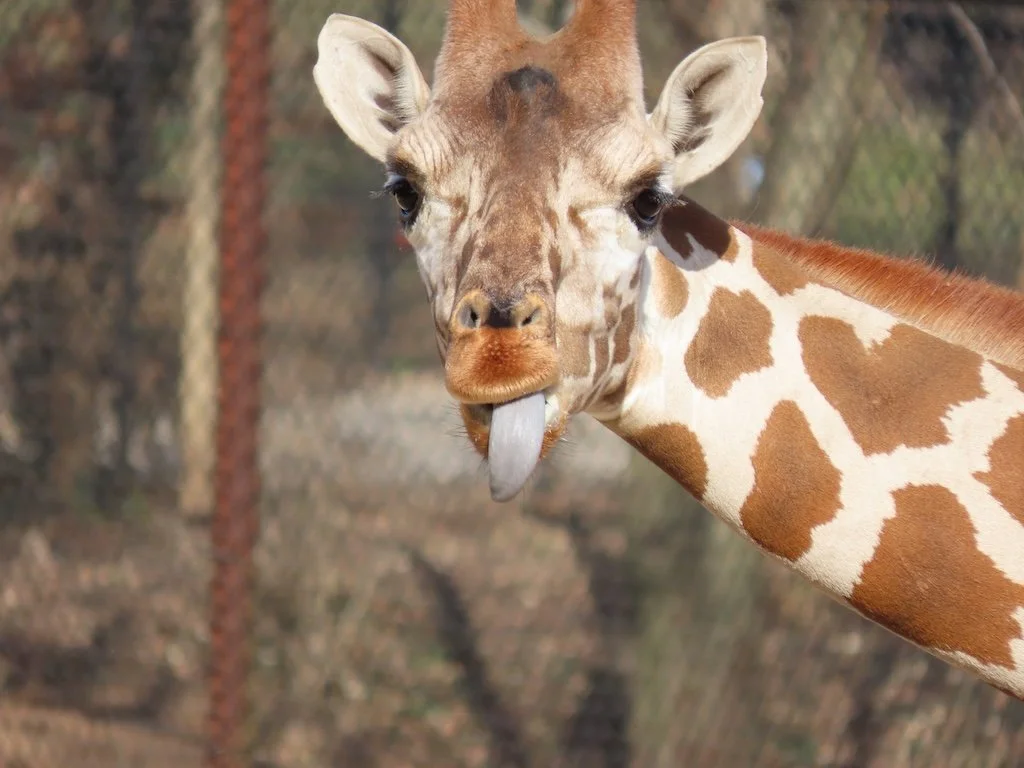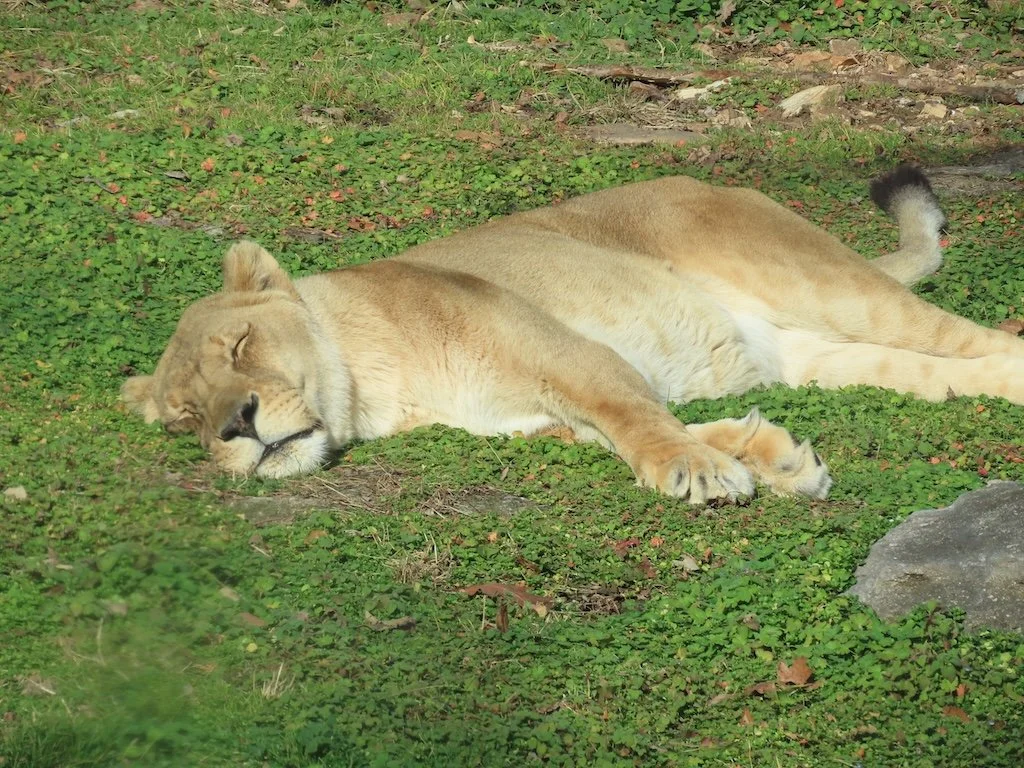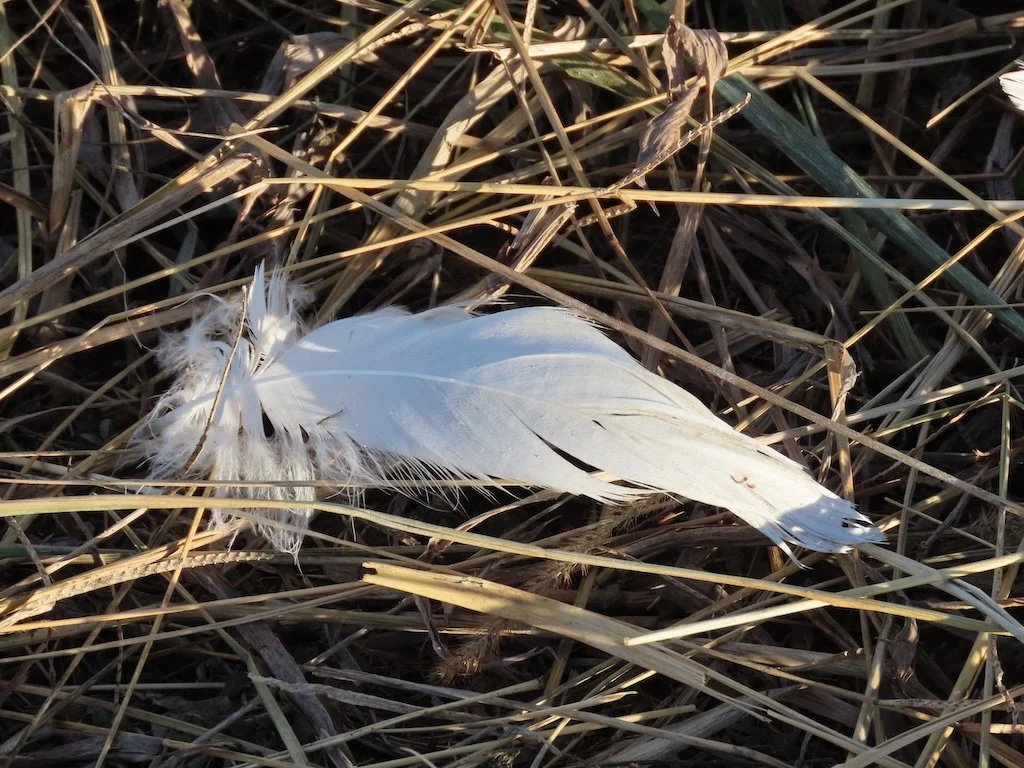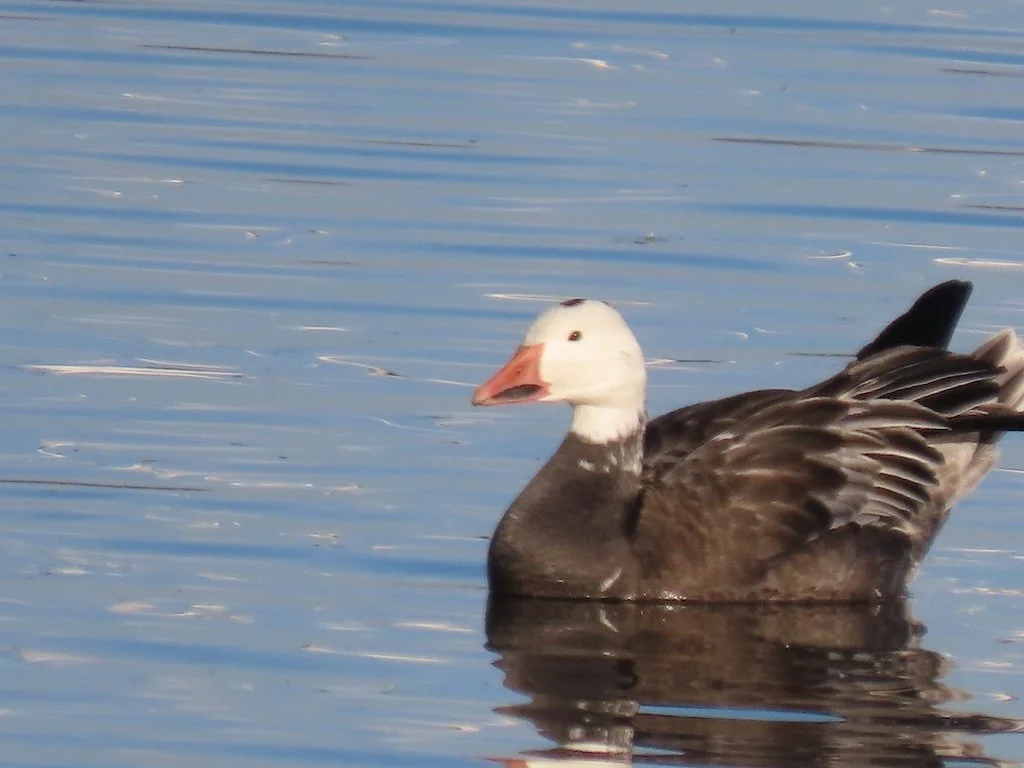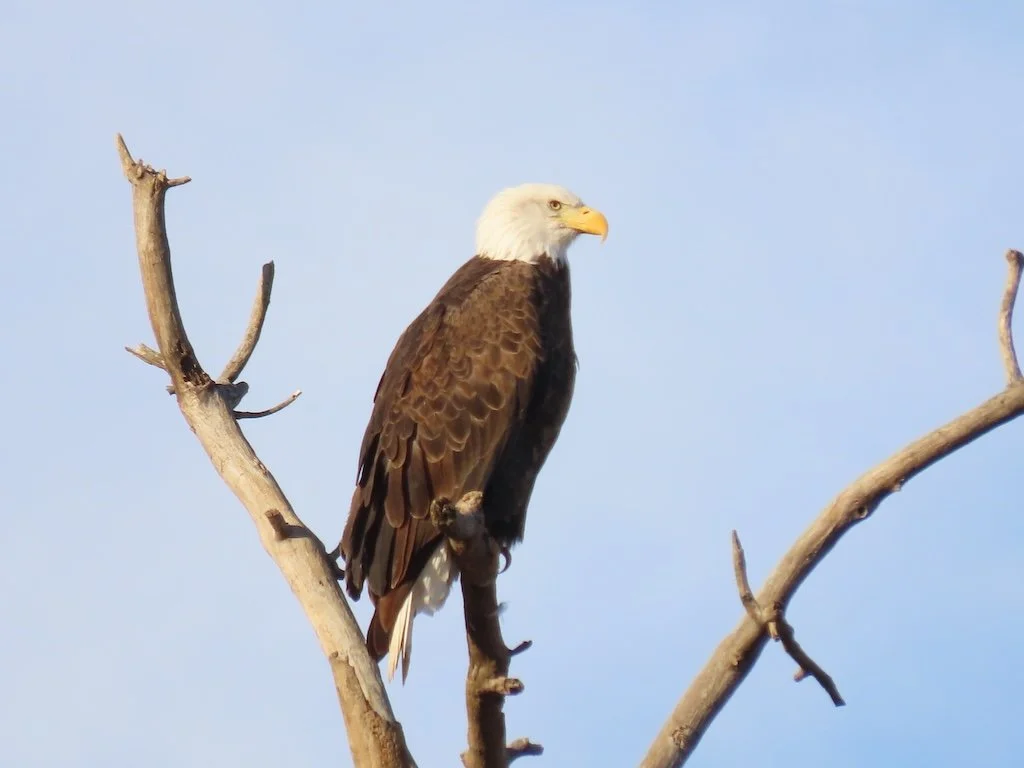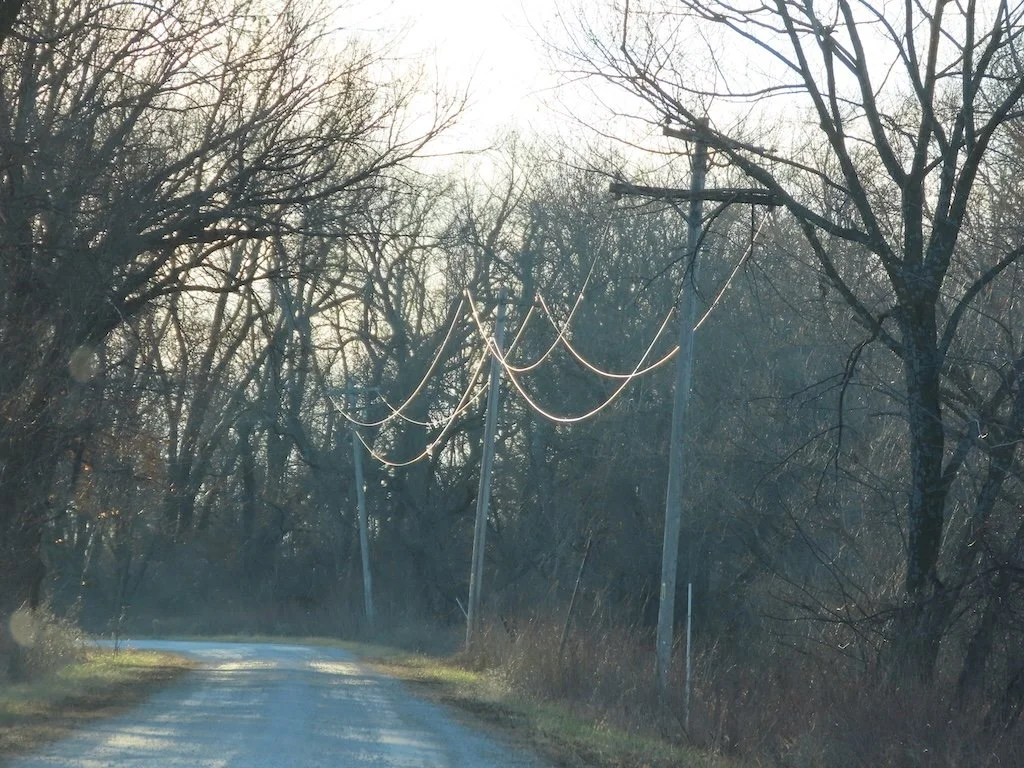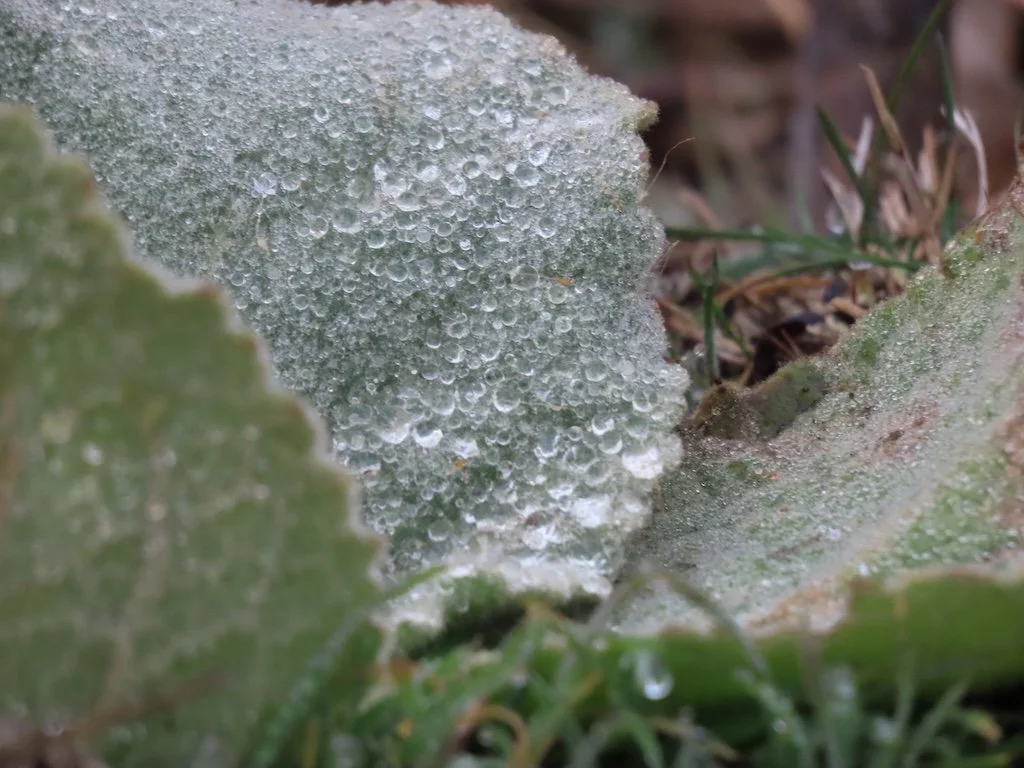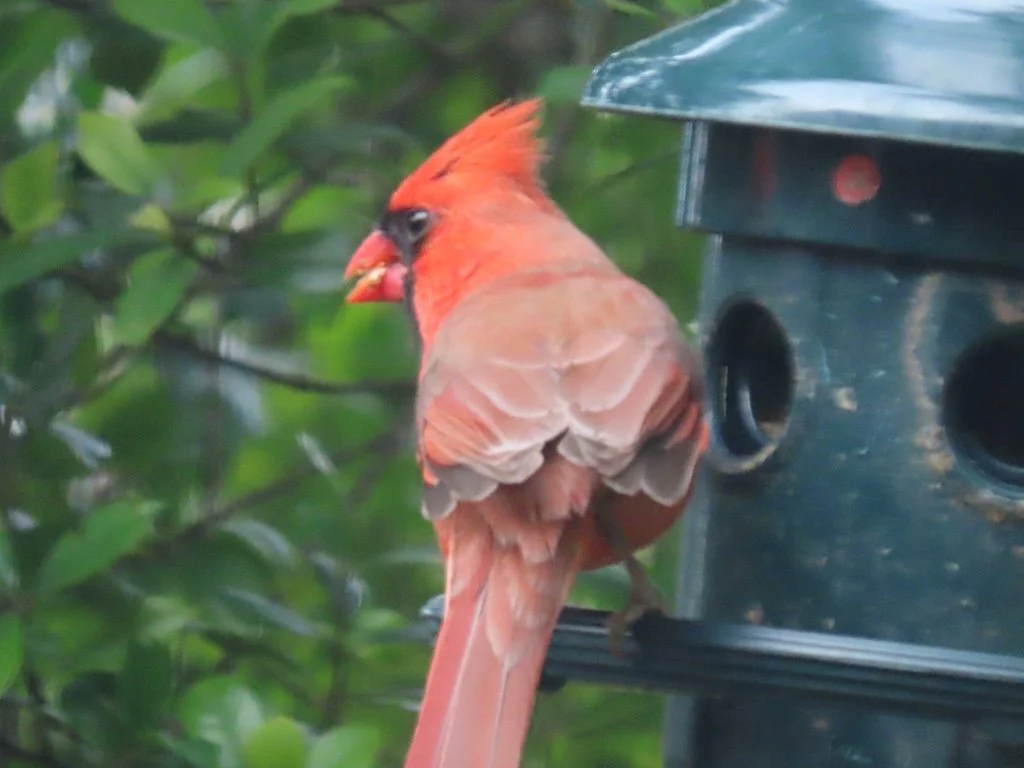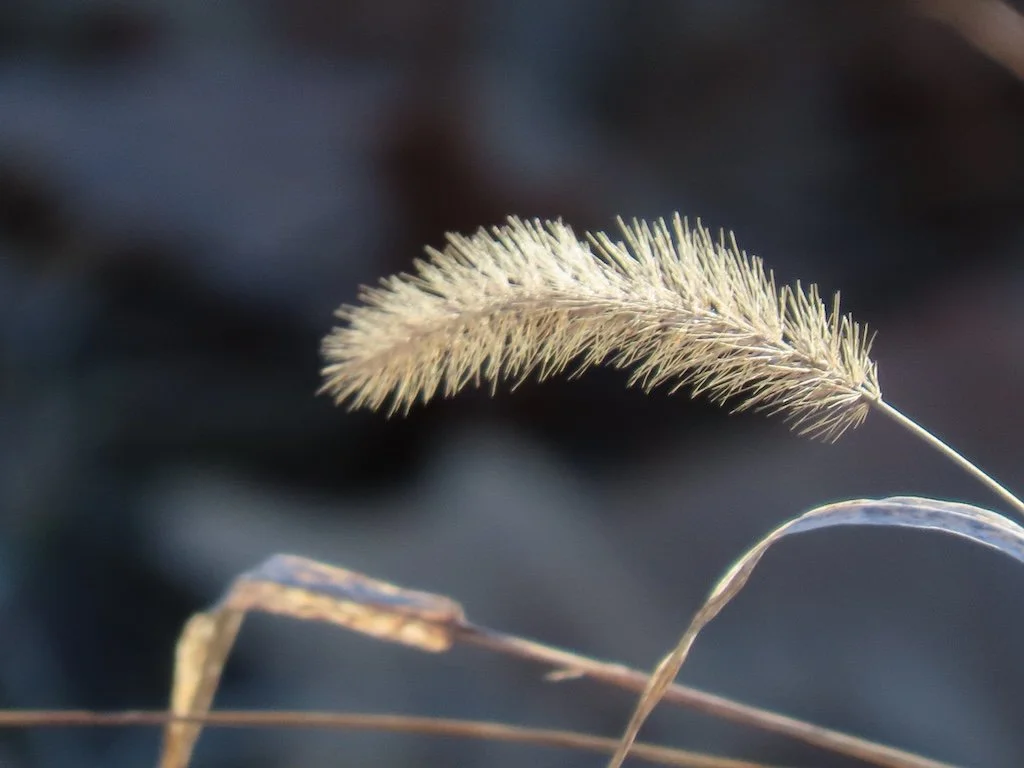Gleanings of the Week Ending December 20, 2014
/The items below were ‘the cream’ of the articles and websites I found this past week. Click on the light green text to look at the article.
The Hooting Season: Enjoying Great Horned Owls - I liked the owl pictures!
What Are MOOCs Good For? - I enjoy the Coursera MOOCs so I thought I would read a review of MOOCs in general. I was surprised that the review barely mentions people like me that enjoy MOOCs to learn about a topic rather than to get a certification or qualification for a career. When I look at discussion boards - it seems like there are quite of few of us ‘post career’ folks taking MOOCs.
Walking Fish Model Evolution - I had heard about ‘walking fish’ but had never seen one in action. This post includes a video....and discusses how the fishes bones change if they are walking frequently.
Three ways cats can control our minds - There is a summary in the narrative of the three ways but the video is worth watching! Fun!
An Ocean of Plastic - I’ve been hearing more about this recently…we have to figure out how to stop putting more plastic into the ocean. On an individual level - recycling plastic is an OK answer but not really good enough. It’s hard to avoid plastic but that is what we need to think more about. I have already stopped buying bottled water and I carry reusable shopping bags whenever I shop (not just for groceries although that is how I started).
A Bird's Eye View of Humpback Whales Participating In Bubble Feeding - This is like the walking fish post - something I’d read about but never seen. The second video provides more narrative about how they do it (if you don’t hear the narrative check the audio volume).
EPA’s Energy Efficiency Action Week & New Energy Star Home Advisor - This online tool has been updated according to this post. The tool itself is available here. Be prepared to hunt through records if your want to assess your house with this tool!
Absolutely Stunning Examples of Lakes and Rivers with Unearthly Colors - I appreciate the ones that are colors from nature….the ones from pollution are very sad.
Chemical-Sensing Displays and Other Surprising Uses of Glass - A peek at Corning research.
Desalination out of Desperation - There is a lot of water in the sea….but desalination is still very expensive. But we may be coming close to a time when we’ll pay the price.

